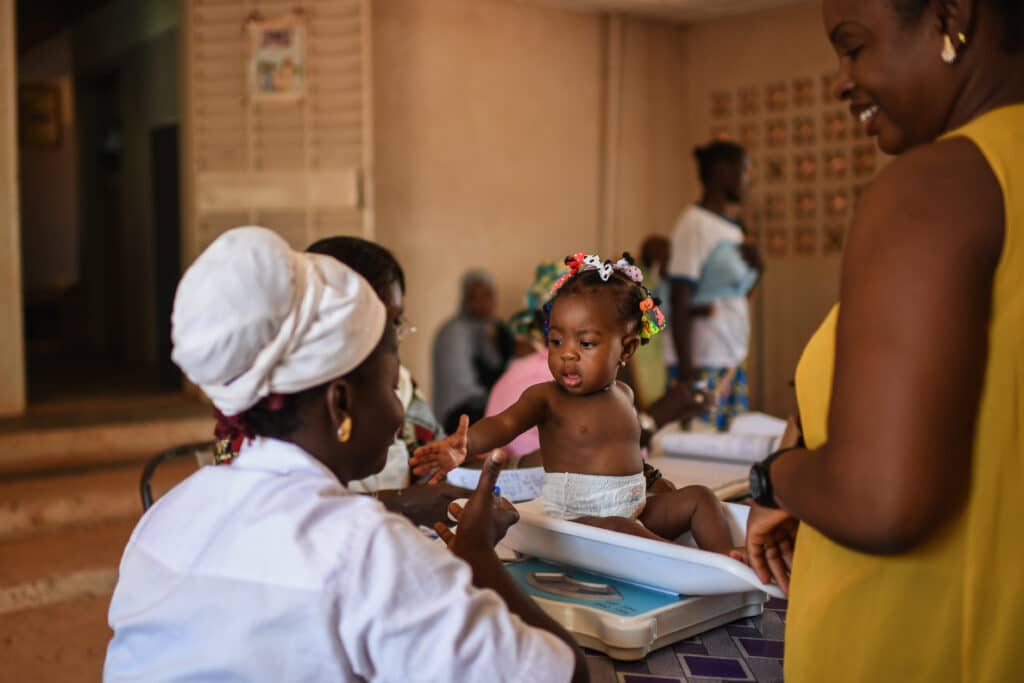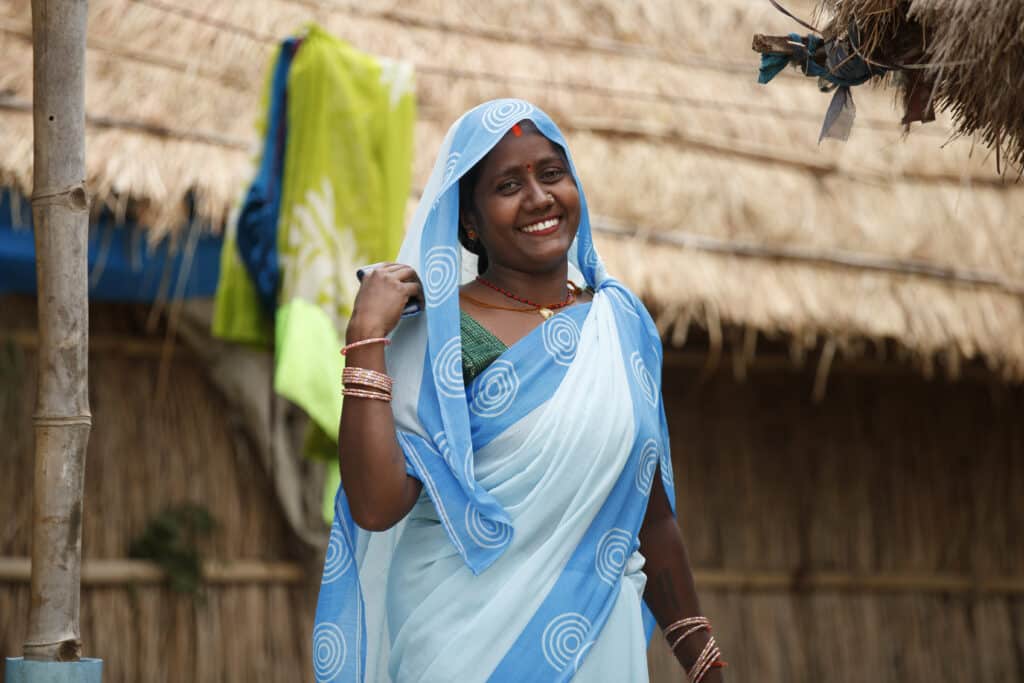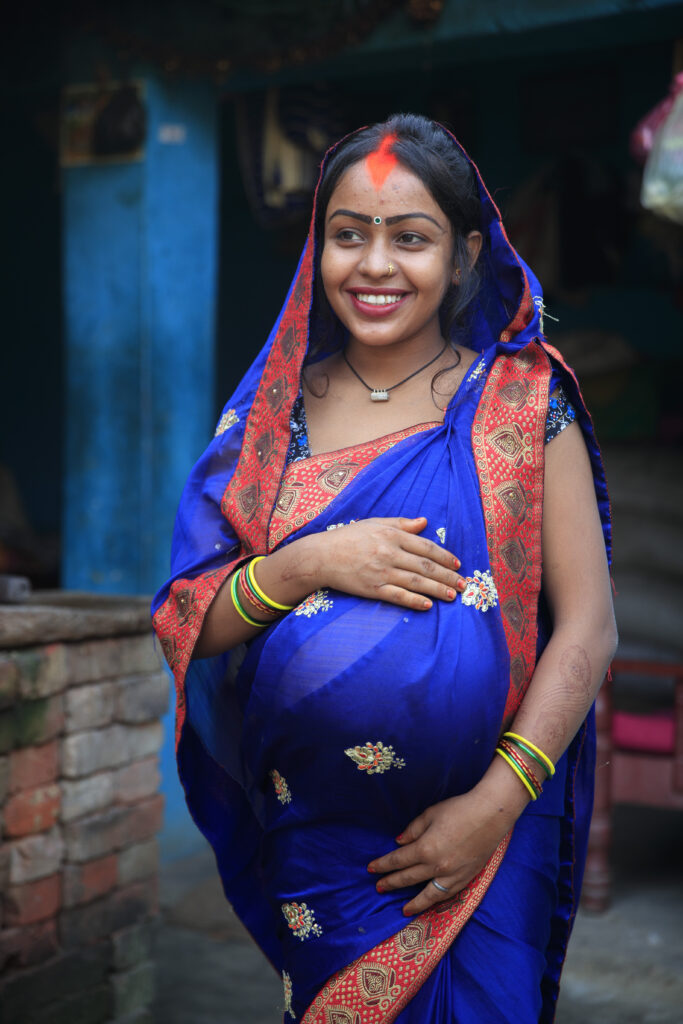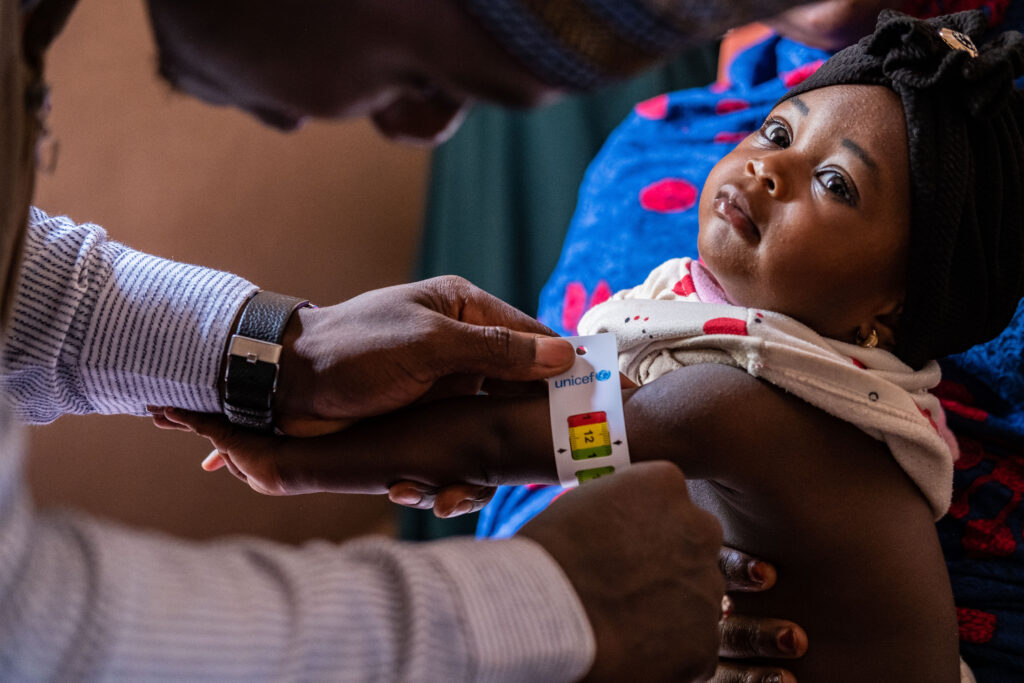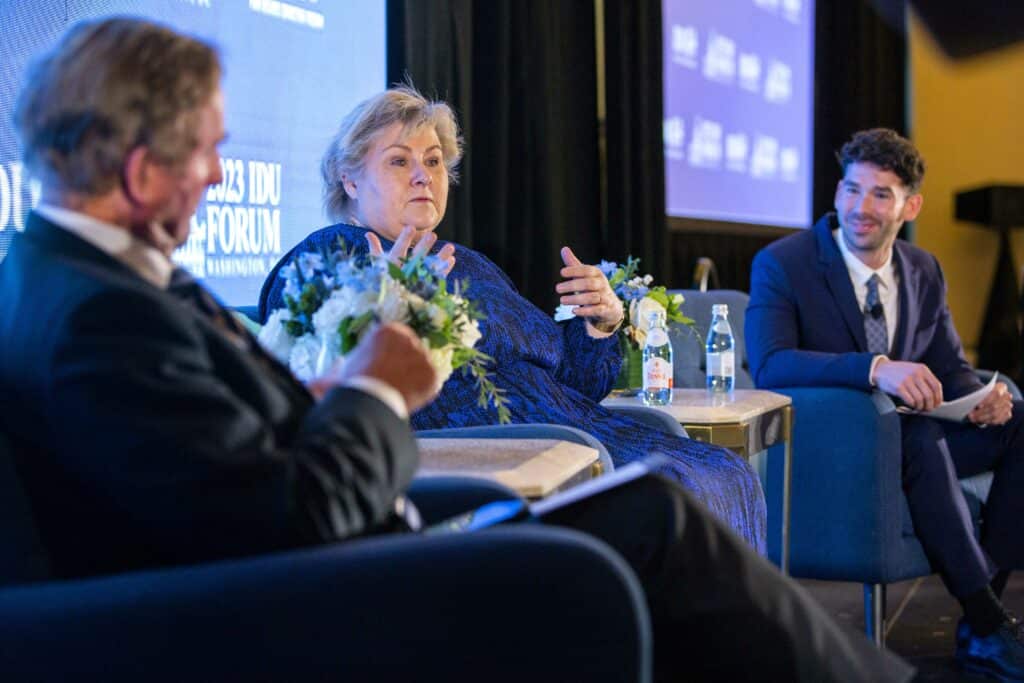On November 19-24, the Federation of African Nutrition Societies (FANUS) hosted its fifth annual conference in Dakar, Senegal, drawing together distinguished researchers and leaders from across the African continent. The Eleanor Crook Foundation (ECF) was delighted to sponsor this important gathering. Every four years, FANUS serves as a nexus for sharing insights and advancing key discussions in the realm of nutrition. Events like FANUS provide a valuable opportunity for nutrition experts to collaborate and share perspectives on the most effective ways to address malnutrition.
The FANUS event distinguishes itself as one of the most inclusive global health conferences worldwide, and each convening is held in a different African country. Senegal’s status as host country – with visa-free or visa-on-arrival access for the vast majority of global citizens, including citizens of all African countries – made this year’s conference accessible to nutrition stakeholders from across the continent and beyond. This year, roughly 500 participants joined the conference.
ECF’s Senior Director of Policy & Research, Dr. Jack Clift, presented a goodwill message during the opening session, noting that the Foundation has a profound appreciation for FANUS conference participants, whose relentless dedication to advancing nutrition research and championing the expansion of proven interventions resonates deeply with ECF’s vision for how to eradicate malnutrition.
ECF’s Engagement as a Platinum Sponsor: Driving Evidence-Based Initiatives
Conferences like FANUS serve as pivotal arenas for the exchange of evidence, and reinforce ECF’s steadfast support for scaling up nutrition-specific interventions like the Power 4: multiple micronutrient supplementation (MMS), Vitamin A supplementation (VAS), breastfeeding, and wasting treatment. These interventions, rooted in rigorous evidence showcased at forums like FANUS, stand out as among the most cost-effective and lifesaving nutrition interventions ready to be scaled today.
The 5th FANUS conference offered a platform to engage with luminaries in the field of nutrition, from research, policy, and advocacy backgrounds. ECF has a strong interest in resource mobilization for high-impact nutrition interventions, and has focused a great deal of effort on sustaining and increasing donor contributions to these programs. The conference included presentations on domestic resource mobilization that were both informative and motivational, including by Dr. Biram Ndiaye (Global Financing Facility) and Dr. Francis Zotor(University of Health and Allied Health Sciences, Ghana). These experts presented data on resources needed for reaching the Sustainable Development Goals; approaches for advocating for increased domestic resources; and success stories from across different contexts in Africa. Both speakers called on attendees to do more in their home countries to sensitize policy-makers on these issues and increase resource allocations to critical nutrition programs.
Symposium on Scaling Small-Quantity Lipid-Based Nutrient Supplements (SQ-LNS)
A highlight of ECF’s involvement was our sponsorship of a compelling symposium on day two: “Scaling Small-Quantity Lipid-Based Nutrient Supplementation to Prevent Malnutrition and Save Lives: Evidence, Opportunities, and Future Directions.”
SQ-LNS is an important innovation for combating undernutrition among children aged 6-23 months. These supplements, provided in small 100-calorie, 20-gram sachets offered to young children once per day, play a critical role in preventive nutrition strategies. A recent Cochrane review and meta-analysis conducted in 2019 reaffirmed their beneficial impact. (For more comprehensive information on SQ-LNS, we invite you to explore sqlns.ucdavis.edu.)
The SQ-LNS symposium was moderated by Shawn Baker from Helen Keller Intl, and featured esteemed speakers including Seth Adu-Afarwuah, PhD (University of Ghana), Elodie Becquey(IFPRI), and Kevin Phelan (ALIMA). These participants presented the strong evidence base and clear cost-effectiveness of SQ-LNS.
The session culminated in a round table discussion that reflected on the implications of the earlier presentations and pathways for moving forward. The discussion was steered by Ms. Aminata Diop, Executive Director of Senegal’s National Nutrition Development Council (CNDN), and featured distinguished discussants from key nutrition implementing agencies: Dr. Maidadji Oumarou (ALIMA), Maguette Beye (HKI), and Saskia de Pee (WFP). The discussion focused on strategies for scaling up SQ-LNS within national systems as an intervention that can strengthen the effectiveness of health systems, complement broad food aid programs with targeted support to the nutritionally vulnerable, and be a key component of shock-responsive social protection.
